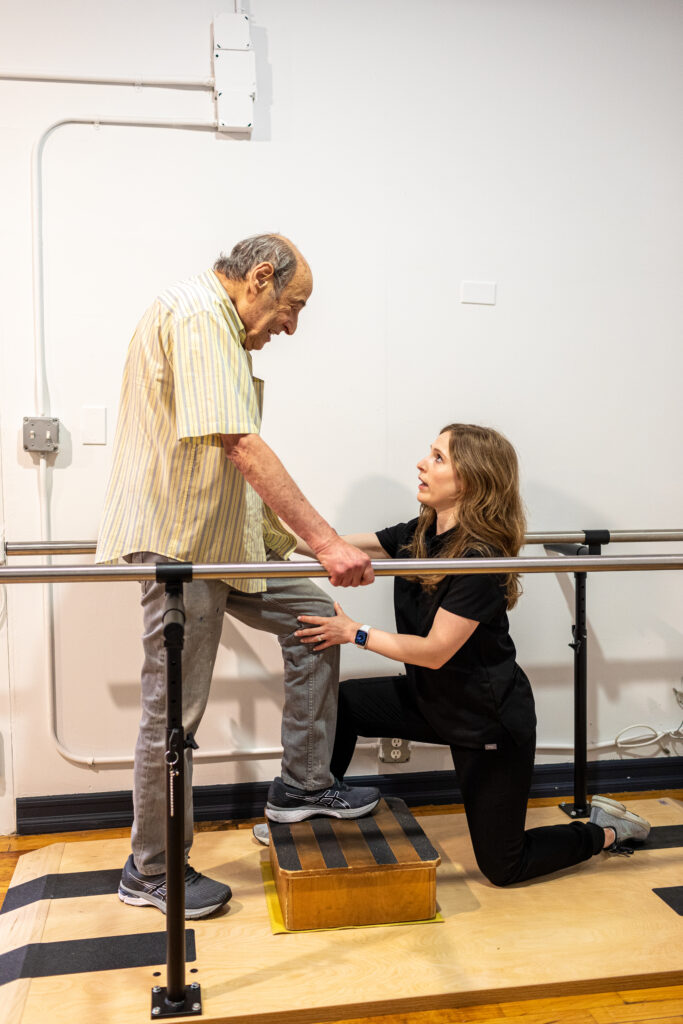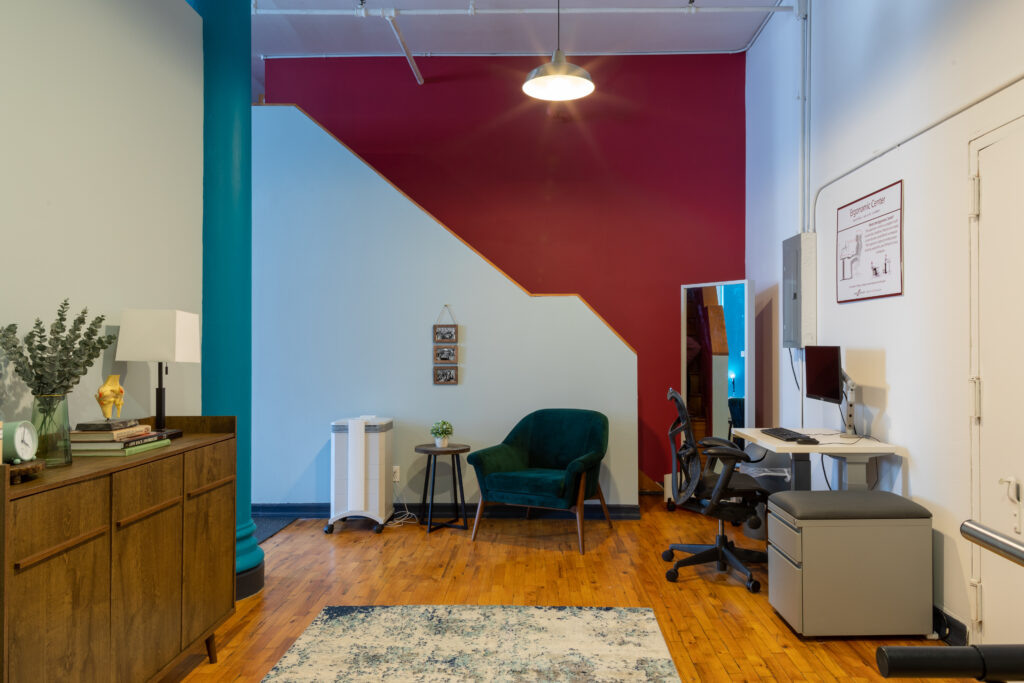Author: Deena Gerstenhaber, P.T., DPT
If you find yourself concerned about falling or are experiencing frequent falls, you are not alone. In my work as a physical therapist for older adults, this concern is voiced frequently by my clients. Often, clients come to physical therapy as a result of a fall. An important part of my job is to help my clients recover after they’ve had a fall or better yet, prevent the fall in the first place, so that they can live a fulfilling life of independence and activities they enjoy while avoiding injuries and hospital trips.
Today I’m going to share some of my tips to help you prevent falls while staying active.
- Exercise often– Regular exercise is very important to keep your body and your mind healthy and agile. Doing a combination of balance, strengthening, and cardiovascular training will give you the best results to prevent falls.
- Understand your medications– Know the side effects of the medications you take. Anti-anxiety medications, BENADRYL®, prescriptions for overactive bladder, some antidepressants, prescription sleep drugs, narcotics, blood pressure medications, and medications to lower blood sugar can all have side effects of increased falls. In addition, taking four or more medications has been linked to an increased incidence of falls.

- Stay hydrated– Dehydration can lead to mild symptoms such as fatigue, dizziness, or muscle cramping. Even more extreme symptoms of dehydration can include difficulty walking and confusion. It’s best to talk to your doctor to determine your ideal daily fluid intake based on your medical history.
- Wear clothing and footwear that fits well– Clothing and footwear can become a tripping hazard if it is ill-fitting. Loose or long pants, or shoes that are too big, small or just uncomfortable can affect your gait and make you more prone to tripping.
- Take care of your eyes– Vision is one of your three balance systems and if it’s impaired, your balance will be impaired too. Have your eyes examined and get new glasses as needed. Also, make sure to have good lighting at home. I recommend a nightlight on the path to your bathroom at night to help keep you safe.
- Make your home work for you– Make sure your home is set up in a way that is safe and easy for you to negotiate. There are some easy modifications that can help; putting grab bars in the bathroom, placing a raised toilet seat over your existing toilet, using a shower chair, organizing the kitchen to place high-use items within reach, and removing throw rugs and clutter on the floor can make you less likely to fall in your home.

- Use assistive devices only as recommended by a physical therapist– See your physical therapist to determine if a cane, walker, or wheelchair is necessary for you. Making sure you have the right type of assistive device, if needed, can make a big difference in your safety and help you to stay active.
If you have fallen more than once within the past year, it’s recommended that you see a physical therapist to prevent future falls. Give us a call to schedule your balance evaluation!

One Comment on “7 Tips for Fall Prevention”
I appreciate this! Where are my father has only had his left eye for a majority of his life, none of us really think about it much. However, most of his Parkinson’s is reflected in his balance or lack there of. I had never considered vision being so important to balance. Thank you for your input